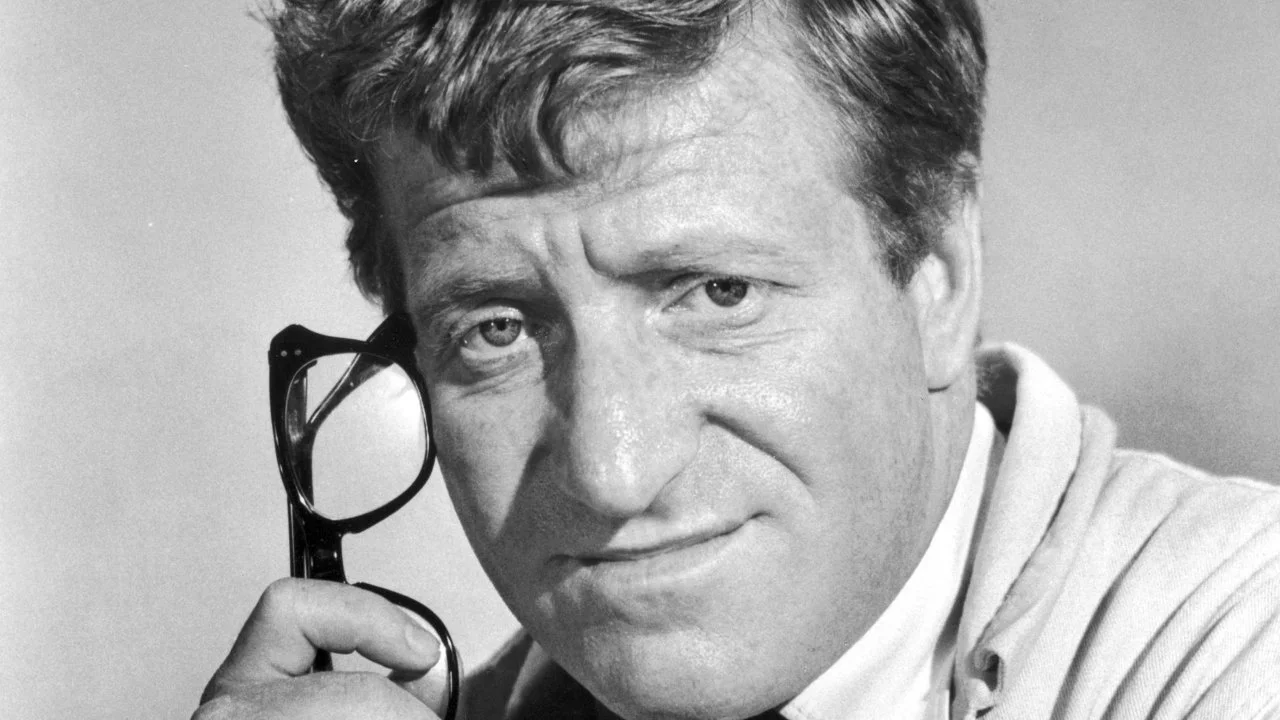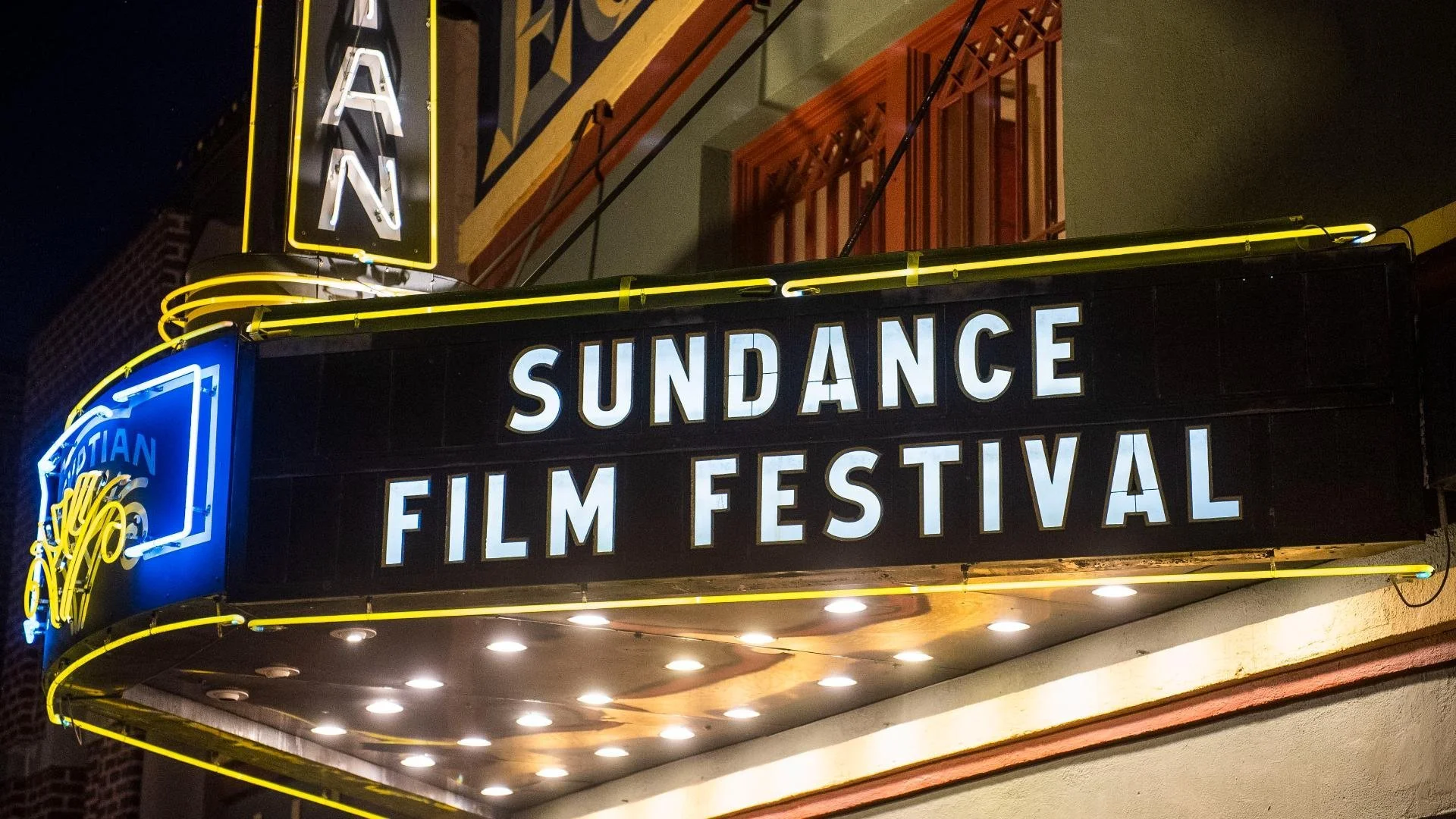Media Literacy 101: Lesson One – Who
Image Source: Linkedin
Welcome back, all. Class is now in session.
There’s a lot of stupid people out there.
I know that’s harsh but it’s true. For many of them, it’s not their fault, really. They don’t know any better. Either they didn’t pay attention in school, they didn’t further their education, or they just haven’t seen the light yet. There’s still hope for them.
For the willfully stupid, well, you can’t save everyone.
Because of the interconnectedness of the world these days, it’s more important than ever that people know how to be literate in media, especially when billionaires who think themselves to be tech geniuses buy social media platforms and let any kind of bullshit be posted on there (seriously, if you see what appears on the scroll of X these days, it’s incredibly harmful).
So, that’s where I step in. I am here to help train you in the art of media literacy.
RELATED:
Before we start, understand that this comes second nature to me, I don’t even have to think about it anymore, and I still have slip-ups. You will mess up. You will make mistakes. You will be duped by things on social media. That’s ok. Keep a growth mindset and eventually, you’ll get this to a level of a reflex. It took time and training to get to this level.
To begin, you need to cultivate a curious mindset. Like that Ted Lasso scene in the bar, be curious, not judgmental. Ask questions and question everything. When I say question everything, I'm not talking about going off the walls and wearing a tinfoil hat. I’ll expand upon this later, but when something is said to you, or you read something, and it makes you wonder, follow that rabbit. How do you do all this? Simply stop. After you read something, watch something, hear something, stop. Take a minute and think about what you just saw or read.
Ted teaches Rupert a lesson in humility by telling him the story of where "be curious, not judgmental" comes from. Barbecue Sauce.
Image Source: X
What do I mean by think? Again, this comes second nature to me, but I know how I got to this point. I read. I’ve been educated. The points I cover later will help educate yourself, but one of the best things you can do is read. Read everything. News. Research. Documents. Novels. Non-fiction. Everything. Not just posts on X or Facebook (especially not on Facebook). Read actual published work. There’s a reason why I made that distinction, and I’ll get to that.
Before we go on, it’s also important to make this point. Check yourself. When you read or watch something, check your own bias. Do you find you’re agreeing outright with what’s said? Probably not a good sign. We call that confirmation bias in psychology. Humans actively seek out information that confirms what they already believe in their heads. Just because something is natural to humans doesn’t mean it’s a good thing. We haven’t made it this far by blindly following everything we naturally do. We got here by questioning things and resisting the urge to just go with those natural tendencies.
When we’ve stopped to think after reading or watching something, one of the most important questions we should ask is: who? Another thing we tend to do when we’re told something or read about something is to just accept it when we know who the person is. It’s easy to do with visual formats, or on sites like Facebook or X, where you can see who the person is before reading it. When that person is a celebrity or a perceived authority like one of the talking heads on cable news, it predisposes us to accept what they say.
This propensity was demonstrated by psychologist Stanley Milgram nearly 60 years ago. Milgram was the son and relative of Holocaust survivors. He was a fundamental psychologist of note in the field for his work on obedience and the influence of authority, and he wanted to know why everyday people followed Hitler’s orders. His most famous experiment set up everyday people in a situation where they had to read questions to a perceived “student” who would then be shocked by increasingly higher levels of voltage. All of which were heard by the subject. If the subject (the person reading the questions) expressed a desire to stop the experiment, a confederate in a lab coat reminded them that they must continue.
The Milgram Experiment. The confederate is in the lab coat, and the subject of the study is seated in the chair. The "shocking" device is in front of him on the table.
Image Source: Medium
The discovery was that a majority of the subjects went all the way to a lethal dose of electricity. The twist? No one received any shocks. It was a ruse. We can discuss the ethics of the design another time. It demonstrated the effect of perceived authority on our willingness to ignore our moral compass. The study has been replicated numerous times, all with similarly disturbing results. Popularity and renown are not and should not be a prerequisite for blind obedience.
Instead, the importance behind “who” has more to do with reputation for veracity. The best example to look at for this is a journalist. Journalists, the vast majority of them, went to school for their trade. Why should that make us trust them? Standards. Say what you will about standardized tests and whatnot, standards are important for several reasons. Their existence comes from being agreed upon by experts. Think about the field of medicine. While there are cases in which you may need to step outside the box and find a new solution, the vast majority of situations in medicine are handled because there is a standard way of approaching the solution.
It’s the same with information dissemination. Journalists are trained in following leads and verifying facts through corroboration. They don’t just take one person’s word on something, they take that statement, find another person who can verify, and even then they may try to corroborate the corroboration. Journalists are trained researchers. Journalism schools seek accreditation. While they don’t need to be accredited by the Accrediting Council on Education in Journalism and Mass Communications (there’s also no “license” for being a journalist), it’s a sort of badge of honor. It’s a stamp that suggests to people that the school has high standards and expectations of their journalists-in-training. It’s all about professionalism. Journalism is a field that stands on reputation and trust. Without it, it collapses, as does the reporting of the truth. Hell, journalists go to prison for refusing to reveal the name of their source when it hurts the government’s feelings. That’s how seriously they take it.
So, considering all that, asking who is perhaps the most important thing to ask when you take in information. Does the guy you’re watching on YouTube have that credibility? Did he corroborate the facts? What about the guy writing the article you read? This is what good readers and thinkers do when they read something or watch things. Sure, this seems like a lot to do just to read or watch things, but the more you do it, and the more people you follow that you’ve already checked out, the quicker it comes to you and the faster you can move on to other things to ask about what you took in.
See you all next time, when we’ll discuss the “what.”
READ NEXT:
















